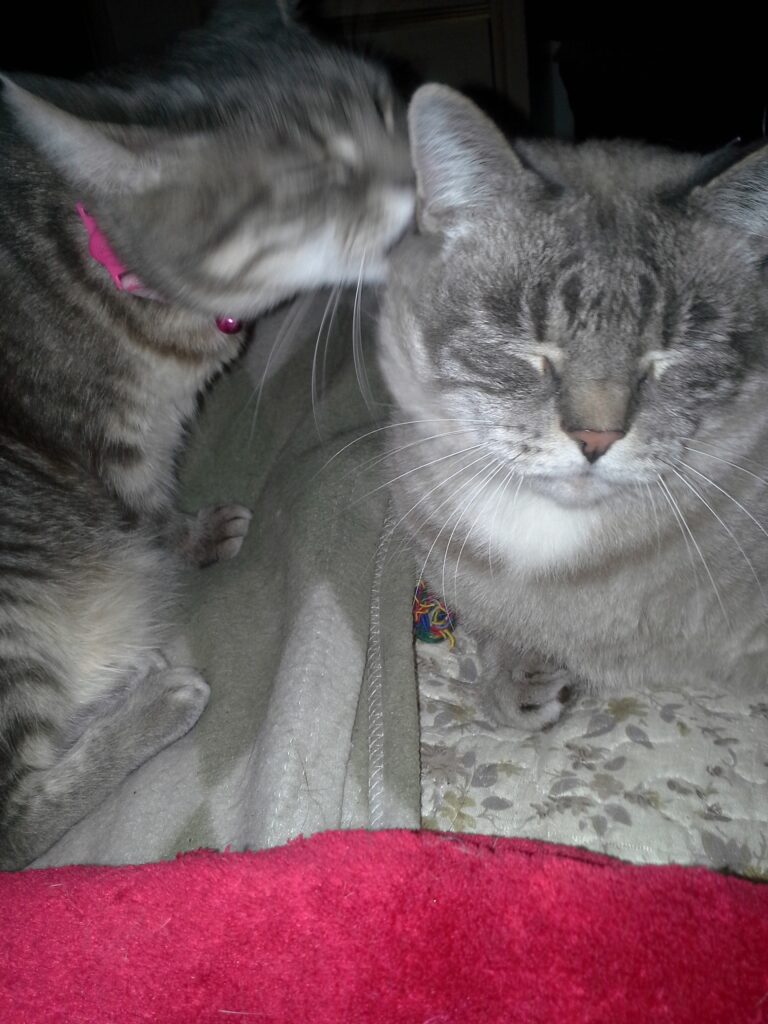Many who write novels seem to lean on Prologues to start their stories. Here are the pros and cons.
Writing Tip for Today: Good reasons for and against including prologues in novels and memoirs:
Prologue Purpose
Including a prologue in your novel suggests that certain bits of background information are necessary before the story proper takes off. One of the main goals of prologues is to advance the plot in some way, so that readers can drop into Chapter One armed with vital information.
Fantasy and sci-fi novels often contain prologues due to long timelines (a prince must defeat an ancient foe or a space cadet must keep the far, far away galaxy from being destroyed). These stories need readers to have the feeling that the novel is a culmination of an ancient feud or war, and the prologue can set up that feeling.
Also, prologues can set up important visual, mental or emotional milieus for the character to immediately wade into in Chapter One. With a prologue, you can set up your world and not bog down the first scenes with a bunch of information.
Ineffective Prologues
Some prologues slow the story rather than set up the story. Remember that every bit of your story must have rising action, all the way to your climax. If you use a prologue as an info dump, your readers may not stick around for the exciting bits.
I think the most common mistake is to include a too-long prologue. Go to your bookstore/library and find books with prologues. You’ll find that most effective prologues are short—one or two pages. Beyond the first couple of pages, readers may feel overwhelmed. You don’t want to ask them to remember oodles of details before the story begins.
Avoid using a prologue to introduce a lot of characters. Readers won’t remember them (or the list of planets, galaxies and kingdoms) until they matter. Your readers are looking for reasons to keep reading. Try to keep your prologue short and know why it’s necessary to include.

Try to keep your prologue short and know why it’s necessary to include.
More than a Prologue
A literary agent once told me that in any prologue, they wanted to cry at least once. This tip convinced me that a prologue must go for the emotions. I hammer on this a lot, but if your prologue jerks the tears out of the reader, you’ve hooked them.
I like a prologue that gives strong hints as to the main character’s motivations in the story. If your character feels passionately about their story goal, you’re much more likely to bring out strong emotions. The more readers identify with these emotions, the more they’re apt to follow and root for the character.
Sometimes writers use the prologue to be in the point of view of the enemy or antagonist. This can work, but only if you don’t give away important info that the reader and the character will learn through action and decisions. Concentrate on the antagonist’s motives and emotions, but beware—an interesting antagonist will require an even more interesting protagonist. For an effective prologue, keep it short, know why it’s necessary and go for the emotions.






Hi Linda: In regards to literary agent who once told you that “in any prologue, they wanted to cry at least once”, would you consider the prologue successful if instead of tears, you acquired empathy and/or anger?
Patrick,
Great question! Yes, I think any strong emotion that engenders engagement is helpful. But if you can do this on page one (without the prologue) you’re probably just as well off.
Keep Writing!
Linda